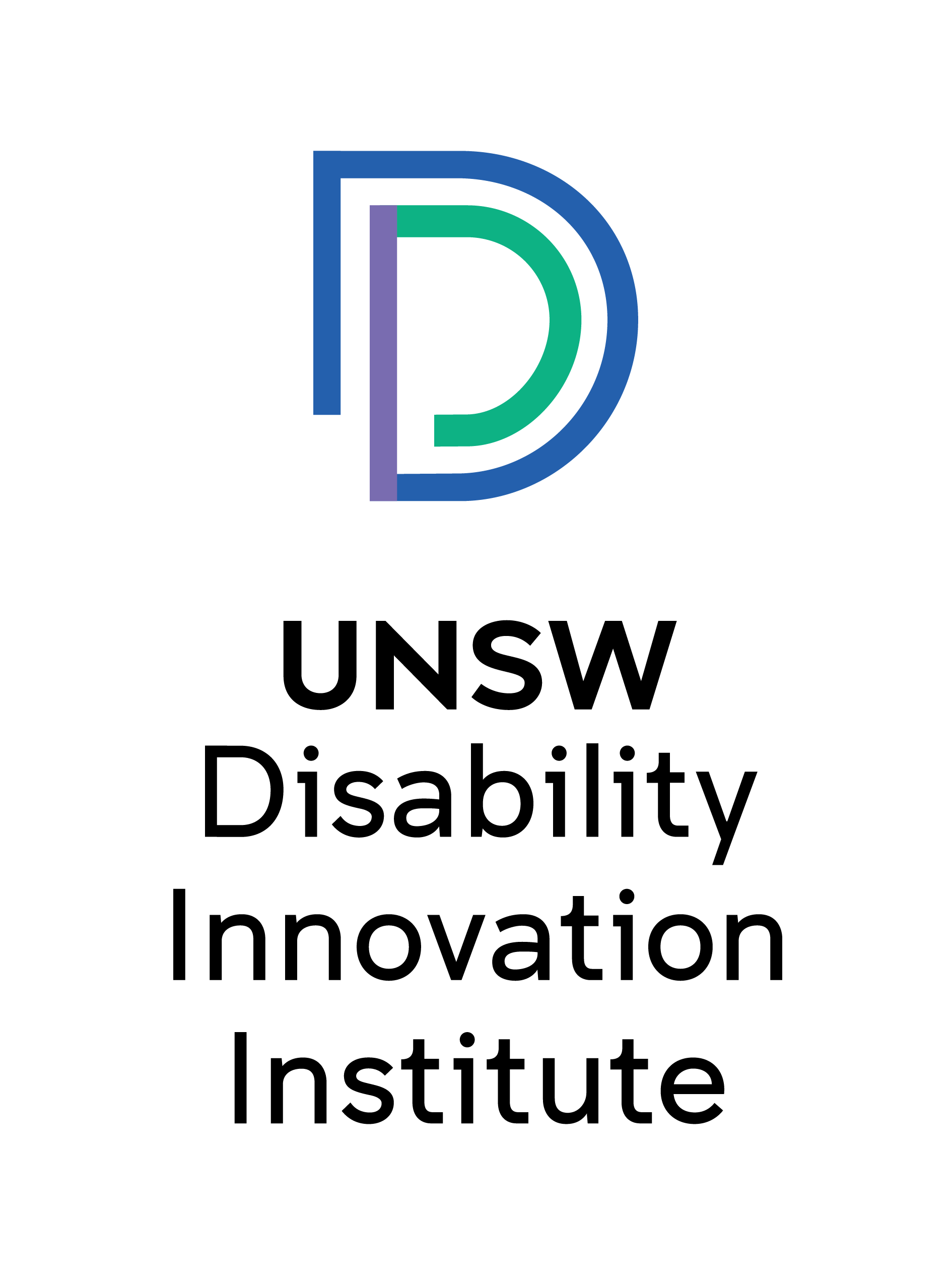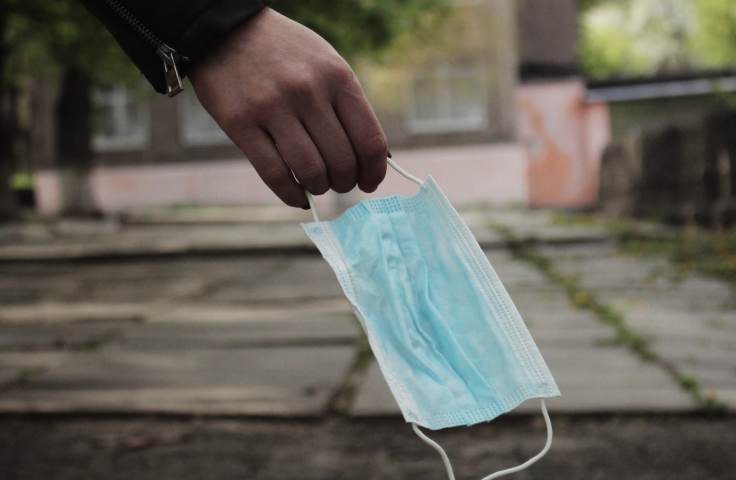Does the Nazi persecution and murder of people with disability in the mid-twentieth century continue to echo in the present day?
The Nazi killing of around 300,000 people with disability or chronic illness was rooted in a longer history of eugenic ideas. Today, there is debate about whether, or to what extent, these ideas were dismissed after the end of WWII or alternatively still influence attitudes to people with disability, including in the form of a covert (and sometimes overt) reluctance to recognise the human rights of people with disability.
This is a complex and controversial topic. In this symposium and webinar series, we stimulated thinking about this topic without necessarily assuming the answer to the question above. These presentations and discussions placed disability rights in dialogue with the past and present of eugenic thinking.
Watch the event recordings via the pages below.







